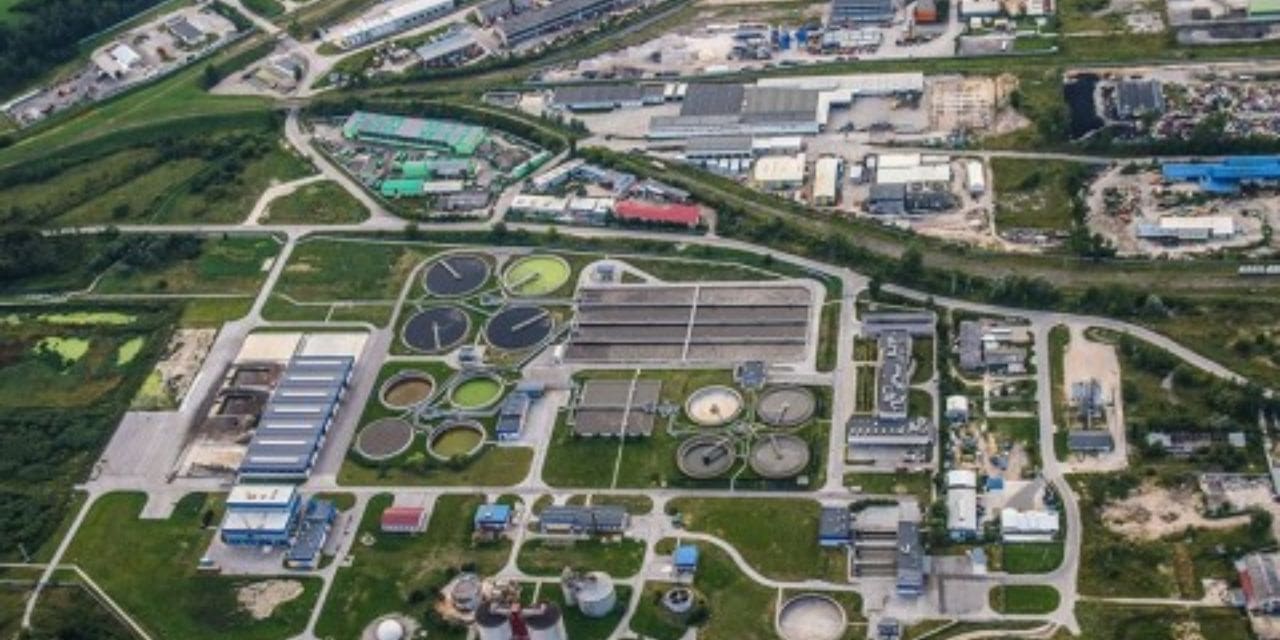ABB’s research focuses on SDG 6.3, which aims to enhance water quality by reducing the amount of untreated wastewater globally, improving recycling, and minimising the release of hazardous chemicals, as the UN gets ready to report on progress made against its Sustainable Development Goals (SDG). According to the UN, 4.2 billion people lack access to securely managed sanitation, and 2.2 billion people lack access to safely managed drinking water.
Unfortunately, the process of treating wastewater requires a lot of energy; it can account for up to 3% of worldwide energy output[3] and more than 1% of greenhouse gas emissions[4]. According to ABB President Brandon Spencer, “Our research shows that more work has to be done to support the UN targets and speed up progress in addressing water scarcity.” Energy Sectors. Yet in order to make it sustainable, we must make sure that we are meeting these wastewater treatment goals in the most energy- and resource-efficient manner feasible. The use of technology is crucial here.
While expanding the capacity for wastewater treatment is important, it is as important to implement technologies early to improve plant efficiency. Monitoring, analysing, and managing wastewater plant operations are made possible by ABB’s automation, electrification, and digital technologies. ABB systems contribute to the optimisation of resource efficiency and the reduction of energy consumption by working in tandem with essential measurement and control solutions that gather and transmit a plethora of operational and diagnostic data.
The same data used by the UN was used by Development Economics, which has over 20 years of study experience, to determine what immediate action is required. utilising modelling With a wastewater treatment facility with a benchmark capacity of 50 million litres per day, 469 more facilities are needed annually, with the volume equivalent of 3.4 million Olympic swimming pools. A report[5] from 2021 evaluating the amounts of wastewater collected, processed, and reused emphasises the size of the challenge related to UN SDG 6.3. The UN-cited study comes to the conclusion that every year, 48 percent, or 171.3 billion cubic metres, of wastewater is not collected or processed. These numbers must be lowered to 24 percent and 85.65 billion cubic metres in order to achieve SDG 6.3, which calls for half the amount of untreated wastewater by 2030.
ABB’s Energy Transition Equation report[6] examined ways to use wastewater more effectively to reduce pressure on water supplies in 2022. by integrating automation and digital technologies more thoroughly:
With over 50,000 plants worldwide, 100 million tonnes of CO2 could be saved annually. Water companies can reduce carbon emissions as well as deliver annual operational savings of up to $1.2 million per plant by implementing a package of automation and digital solutions. Wastewater sites can reduce carbon emissions by up to 2,000 tonnes annually.
For the process and hybrid industries, ABB’s Process Automation division is a pioneer in automation, electrification, and digitalization. We offer a wide range of products, systems, and total solutions to meet the needs of our customers, including the #1 distributed control system, software, lifecycle services, sector-specific products, measurement and analytics tools, and marine options. As the market’s #2 player globally, we are committed to assisting our clients in boosting their competitiveness, enhancing their return on investment, and managing safe, intelligent, and sustainable operations. We achieve this by building on our deep domain experience, diversified staff, and worldwide reach.

